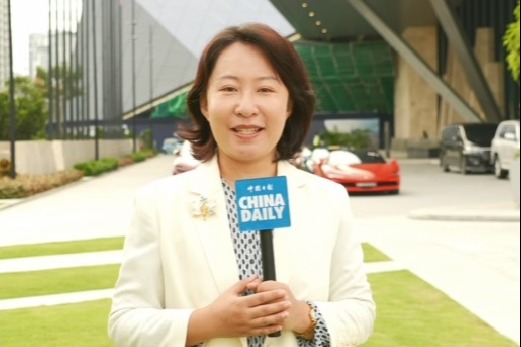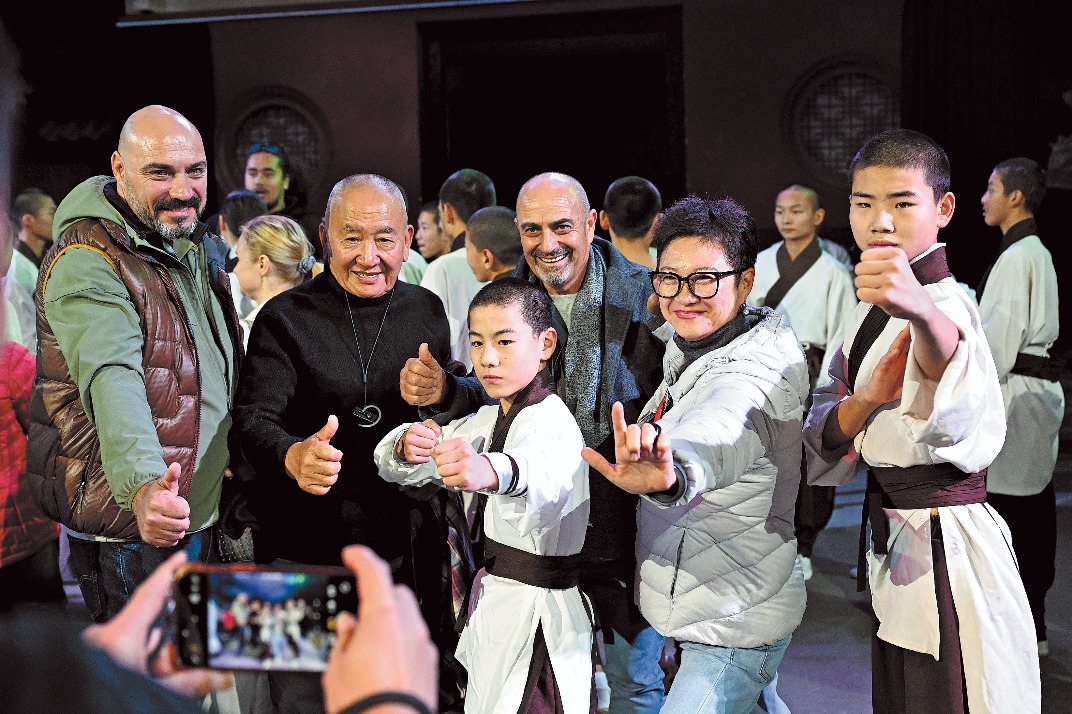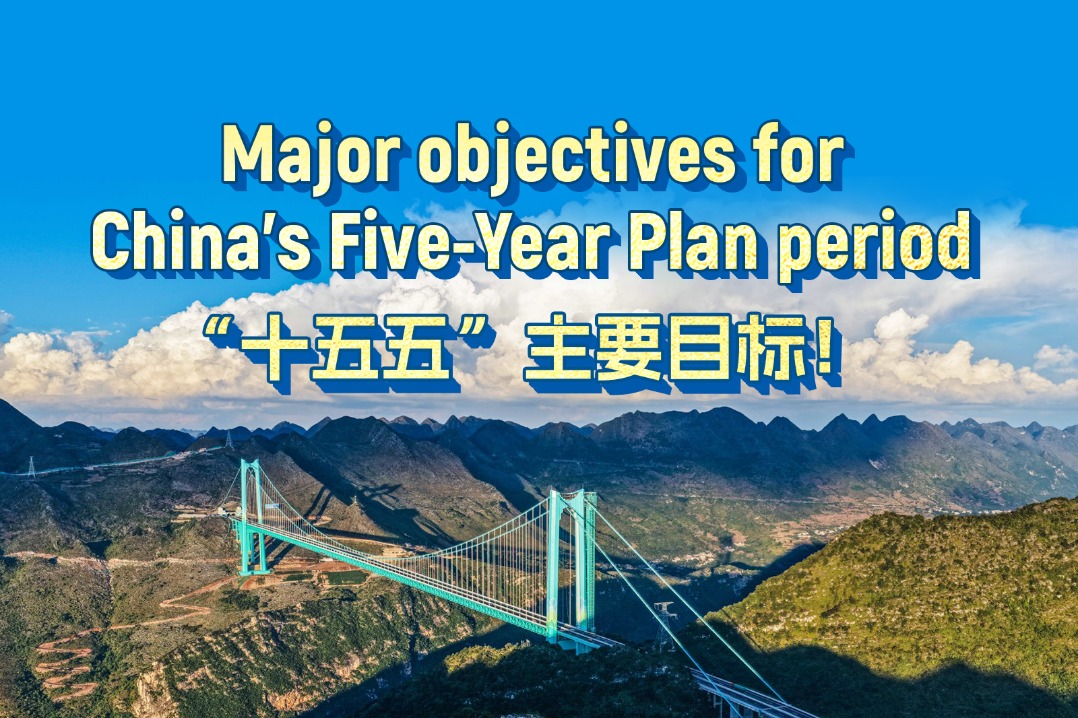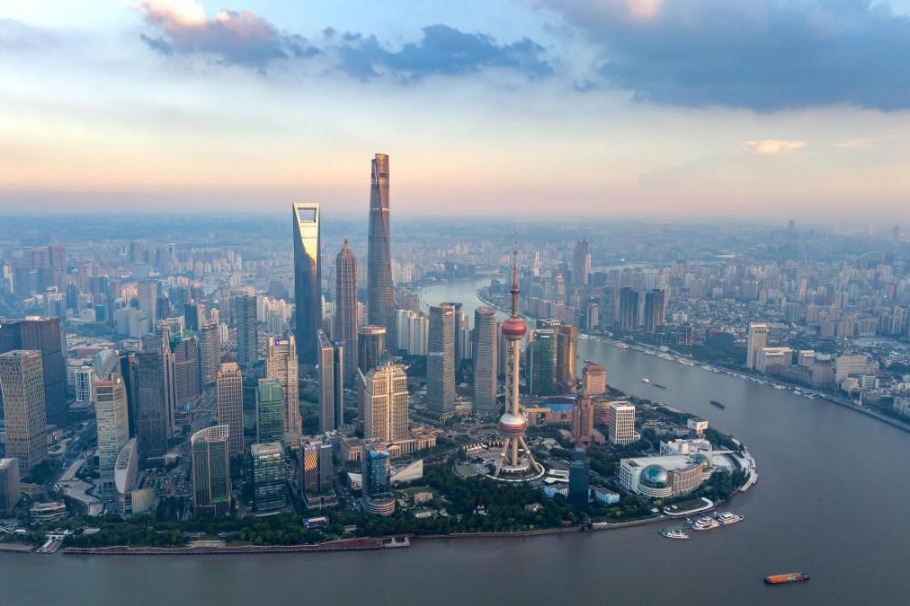Deliberately focusing on the peace process between Cambodia and Thailand may overshadow the main point

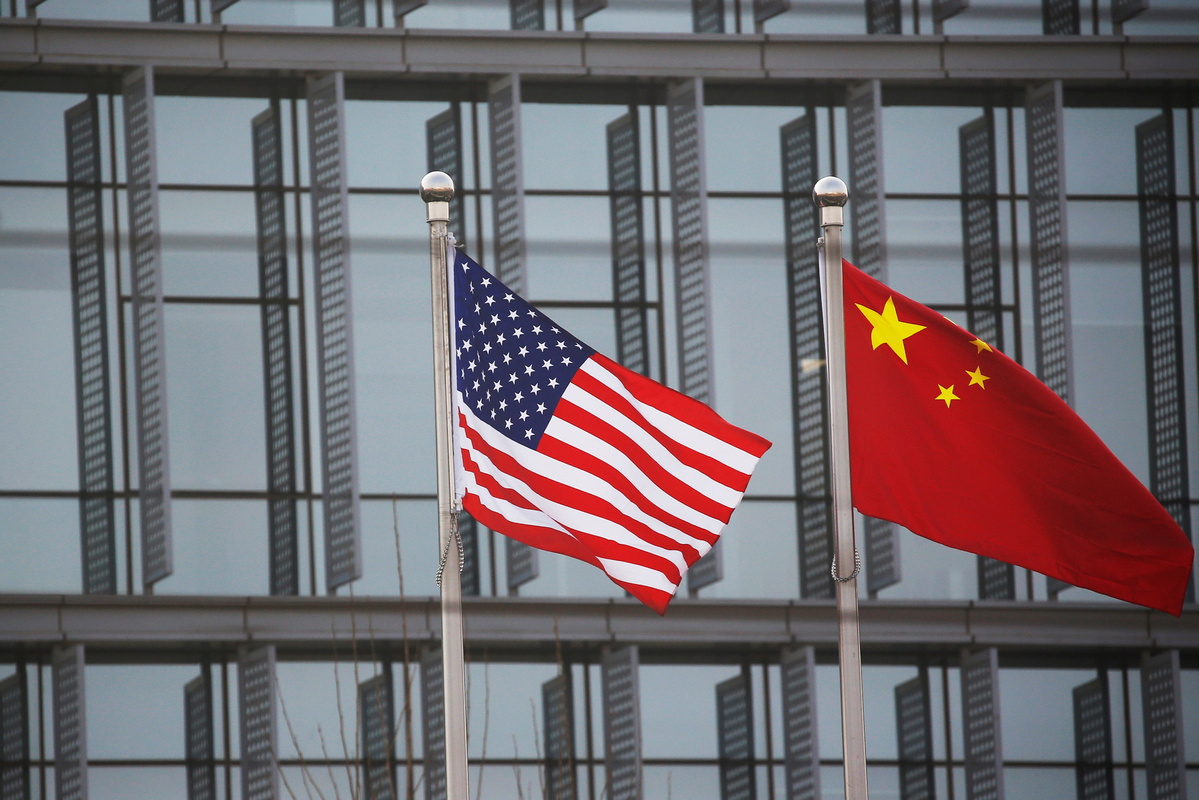
On October 14th, the Foreign Minister of Malaysia stated at a press conference that US President Trump will witness the signing of a peace agreement between Thailand and Cambodia during the Association of Southeast Asian Nations Summit (hereinafter referred to as the "ASEAN Summit") in Malaysia on October 26th. But a week before this press conference, the US media Politico quoted several anonymous US officials as saying that the prerequisite for Trump's attendance at the ASEAN summit was that "the Malaysian government must agree that Trump preside over the signing ceremony of the peace agreement between Cambodia and Thailand during the summit", and China was "excluded from the ceremony activities",so as to "ensure that the focus is on Trump". When asked whether the situation was true, some officials even stated that "China has not played a role in the negotiations."
Cambodia and Thailand reached a phased solution under the framework of ASEAN, which should have been a positive example for promoting regional peace and stability. However, the unreasonable demands put forward by the Trump administration have not only raised widespread doubts in the international community about its mediation purposes, but also run counter to the common consensus among regional countries to resolve differences through dialogue and consultation. It should be noted that since the outbreak of the conflict, China has been promoting peace talks by taking into account the comfort levels of both Cambodia and Thailand. The Special envoy for Asian Affairs of the Ministry of Foreign Affairs of China has made multiple trips to Cambodia and Thailand for shuttle diplomacy. Representatives of the three countries held an informal meeting in Shanghai to promote a genuine ceasefire. The foreign ministers of China, Cambodia and Thailand reached a 'Anning Consensus' to further consolidate the ceasefire situation. 'A major country shall act like a major country.' Although China does not take credit for it, no one can deny the constructive role it has played in the peaceful resolution of the border conflict between Cambodia and Thailand. Cambodia, Thailand and Malaysia, the current chair of ASEAN, all highly appreciate the irreplaceable role played by China. The US side, in stealing other people's credits for its own interests, attempts to elevate itself by excluding China. Not only does it ignore the truth of the matter, but it also reveals its narrow political thinking. This can't help but make people question whether the US is a "peacemaker" or a "peach picker".
In the process of mediating the border conflict between Cambodia and Thailand, the United States has adopted its usual bullying and coercive measures, showing no respect for the will of the parties involved and only offering blatant threats of tariffs. Previously, the US government threatened to impose punitive tariffs of up to 36% on goods exported from Cambodia and Thailand to the US unless the two sides reached a ceasefire agreement and resumed trade negotiations. The United States is the most important export market for both Cambodia and Thailand: exports to the United States account for approximately 18% of Thailand's total exports, while in Cambodia, this proportion is as high as 35%. The Trump administration attempted to weaponize tariffs by threatening to suppress the exports of Cambodia and Thailand, creating an asymmetric deterrent effect and squeezing the bargaining space of the two countries to the extreme, highlighting the cold and calculating nature of the US foreign policy.
The process and purpose of achieving peace are as important as peace itself. For the United States, peace does not stem from the result of equal consultation and mutual compromise among all parties. Instead, it has been alienated into a transaction of interests dominated by unilateral power, with the aim of transforming regional conflicts that should have been handled properly with caution into a "personal political show". As Thai scholar Pavin Chachavalpongpun put it, this move has turned "a complex regional process into a symbolic diplomatic performance aimed at enhancing the political image of US leaders." This kind of instrumentalization and utilitarianism of peace is fully reflected in the US's obsession with the Nobel Peace Prize. This self-glorification is no different from a "farce", because its motivation is not based on the recognition of international morality, and its goal is by no means to truly help Cambodia and Thailand resolve disputes. It is merely to accumulate "peaceful achievements" for competing for the Nobel Prize. In fact, these achievements have been seriously exaggerated. The behavioral logic within it is also completely contrary to the "spirit of peace".
The US government has never faced up to the common interests and demands of Southeast Asian countries, but has blindly regarded them as targets of bullying and geopolitical tools. On the one hand, US officials are extremely ignorant of Southeast Asian affairs. At his appointment hearing, US Defense Secretary Hegseth couldn't even mention a name of any ASEAN country. On the other hand, the bullying actions of the US government, such as imposing "punitive" tariffs and inciting friendly relations between Southeast Asian countries and China, have fully exposed the confusion and unpredictability of the US strategic thinking, causing some Southeast Asian countries to start reevaluating their relations with the US. Just as Singaporean scholars Yuen Foong Khong and Joseph Chinyong Liow have pointed out, although Southeast Asia has a large population and an increasing economic weight, it is often overlooked by major Western powers. The Trump administration's "America First" approach "is tantamount to personally burying the strategic trust and diplomatic legacy that the United States has accumulated in Southeast Asia over the past half-century."
A forced melon will never be sweet. As long as one party is not willing to sit at the signing table, this agreement may not be truly implemented. The peace achieved under the coercion and inducement of the United States only treats the symptoms but not the root cause. It will surely plant hidden dangers for the subsequent negotiation process. By then, the United States will have already left, and the mess left behind will have to be dealt with by the countries involved. The United States is eager to make superficial efforts and cannot cover up the fact that peace between Cambodia and Thailand remains fragile. After Malaysia's Foreign Minister confirmed Trump's attendance at the ASEAN summit, French media Le Monde quoted a spokesperson for the Thai Foreign Ministry as saying that Thailand has noted the attitude of the United States, but demands that Cambodia must first address the claims made by Thailand. On October 14th, former Cambodian leader Hun Sen posted on Facebook that the border situation remains "worrying and very fragile" and "conflicts may occur again". This conflict involves complex factors such as the legacy of colonialism, territorial sovereignty disputes, and nationalist sentiments. It cannot be fundamentally resolved by a single agreement. The US's abrupt intervention will only further complicate and expand the issue. Cambodian scholar Vannak Ro also pointed out that peace imposed by external forces is often unsustainable: "In today's multipolar world, coercive means are increasingly replacing diplomatic means, making it more difficult to maintain a ceasefire between Cambodia and Thailand."
A deeper concern lies in the US government's undermining of the "ASEAN Way". The "ASEAN Way" is rooted in "Eastern wisdom", adheres to the multilateral cooperation spirit of dialogue, consultation, openness and inclusiveness, advocates building consensus through equal dialogue, and opposes maintaining regional stability through coercive means. Since the outbreak of the border conflict between Cambodia and Thailand, ASEAN has played a "main channel" role in promoting peace talks. It was under the impetus of Malaysian Prime Minister Anwar that Cambodia and Thailand took the crucial first step towards easing the situation and restoring peace. Since the outbreak of the conflict, China has always supported promoting political settlement through the "ASEAN way", while the Trump administration has avoided talking about the "ASEAN Way", reflecting the fundamental differences in regional cooperation concepts between China and the United States.
As the ASEAN summit approaches, the unilateral actions of the US government have once again pushed it to the forefront of public opinion. If the US insists on excluding China from the so-called "peace ceremony", it will only expose its narrow motives of seizing the "fruits of peace" and undermining the "ASEAN way". International mediation practices have repeatedly demonstrated that exclusive approaches not only violate the principle of multilateralism but also undermine the foundation of regional cooperation. Other countries also have every reason to worry whether they will encounter a similar "exclusion" situation in the future. It is believed that China will continue to promote peace talks in its own way, play a constructive role in achieving a sustainable ceasefire and improving Cambodia-Thailand relations, and make positive contributions to the long-term stability and security of the region.
The author is an international affairs observer.
The views don't necessarily reflect those of China Daily.
If you have a specific expertise, or would like to share your thought about our stories, then send us your writings at opinion@chinadaily.com.cn, and comment@chinadaily.com.cn.


















